Jewish Historical Society of Greater New Haven Connects the Present with the Past
Archives attract interest from around the world.
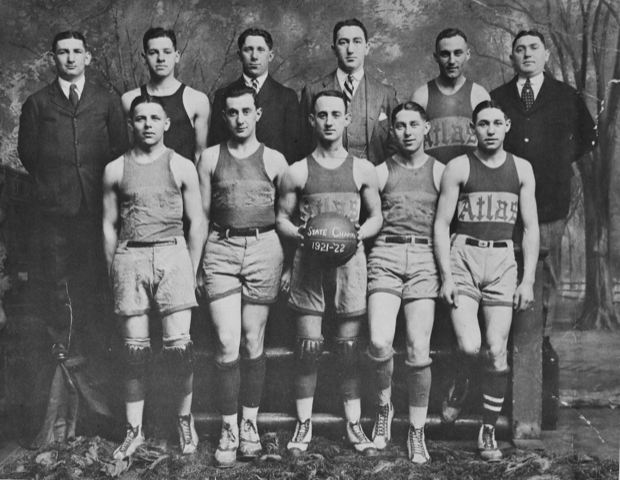
Jewish life has been a part of New Haven since colonial times. By 1840, a small group of Jewish families had begun meeting above a store on Grand Avenue for religious services. They became Mishkan Israel, the first Jewish congregation in Connecticut.
By the turn of the 20th century, the congregation had grown large enough to move into the grand synagogue on Orange Street and Audubon. Jewish enclaves had sprouted throughout the city and included many notable residents, such as Morris Steinert, the musician and musical instrument collector who started the New Haven Symphony Orchestra. The Oak Street neighborhood, where Harry Lender first peddled bagels that would become a business empire, was lined with shops owned by Jewish families.
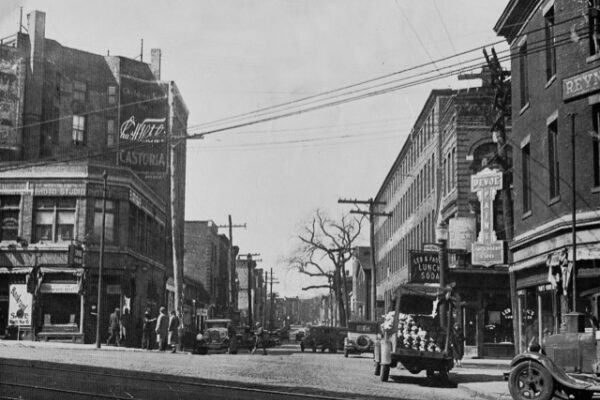
While many of New Haven's old Jewish neighborhoods are gone, their legacy lives on in the archives of the Jewish Historical Society of Greater New Haven. Since 1974, the local nonprofit has built up a collection of photos, artifacts and family records that has attracted interest from around the globe.
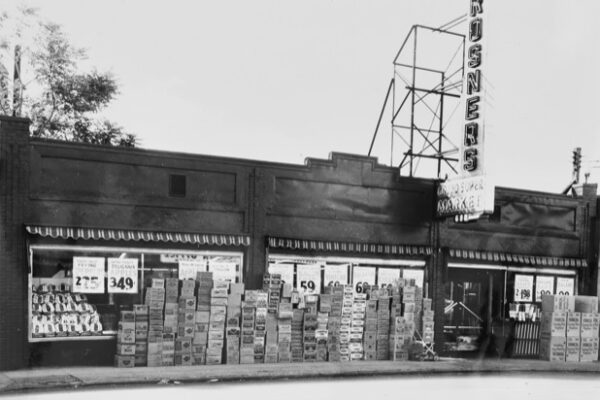
The archives were started by volunteers dedicated to collecting information about the history of Jews and Jewish life in Greater New Haven. Many were from second and third-generation families with roots in Jewish neighborhoods that had since changed or been torn down during the era of urban renewal.
“As they were aging, there was all this stuff from their grandparents' childhoods that was decaying and being thrown out,” said Burton Levine, co-president of the historical society. “What started out as an amateur effort has grown over the years. We now have three part-time employees and have collected a large archive of documents and over 800 objects of interest.”
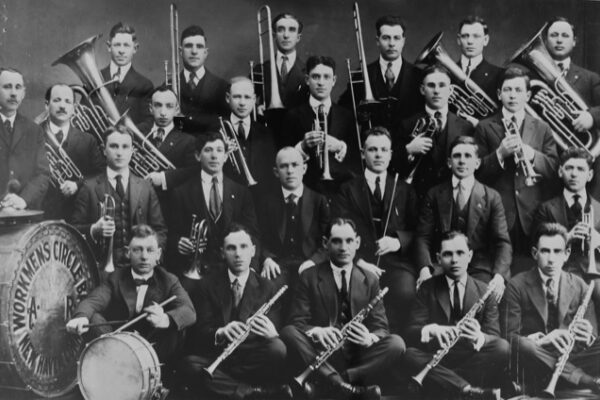
The society continues to actively collect documents, photos, films and other artifacts representing Jewish life in the region. While the archives are physically housed in the Ethnic Heritage Center on Southern Connecticut State University’s campus, requests for information come in from all over the world, according to Levine. Many are from people looking up genealogy information about families who have long since departed from New Haven.
“People call us all the time, saying, ‘I want to know about my grandmother.’ One person wanted to find someone he was sweet on in 1927. The center was really proud that we could reunite them,” said Levine.
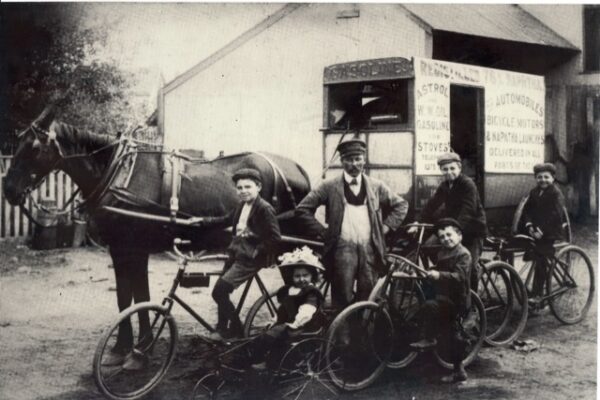
The archives are also a treasure trove for researchers and anyone with an interest in New Haven’s history, as Jewish neighborhoods often overlapped with other ethnic neighborhoods. Levine said that the archives were recently an invaluable resource for an author writing about Italians in America.
In addition to managing the archives, the society has published a ten-volume history, "Jews in New Haven," available online. The society also produces oral histories and hosts programs throughout the year such as walking tours, concerts and public exhibits.
For more information about the society, its archives and programs, visit its website.
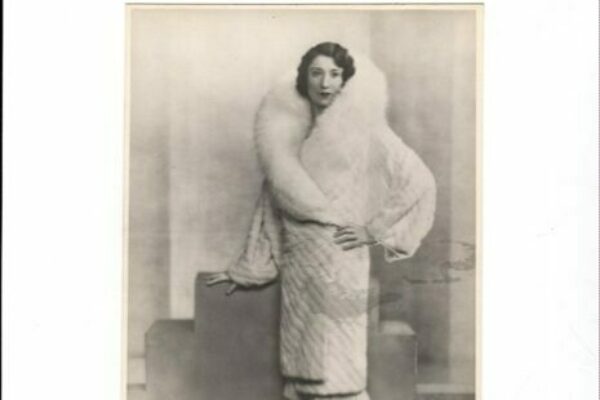
Recent grants from The Community Foundation have supported the construction of the society’s website and the development of a strategic plan to help the organization expand its membership and outreach to the larger community.
“We started as a grassroots effort, which is good, but we want to create infrastructure to keep us going when the people who started it are no longer here,” said Co-President Marjorie Drucker.
Do you have a long-term interest in supporting local nonprofits or other causes you care about? Learn about charitable funds at The Community Foundation.
